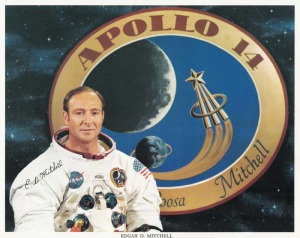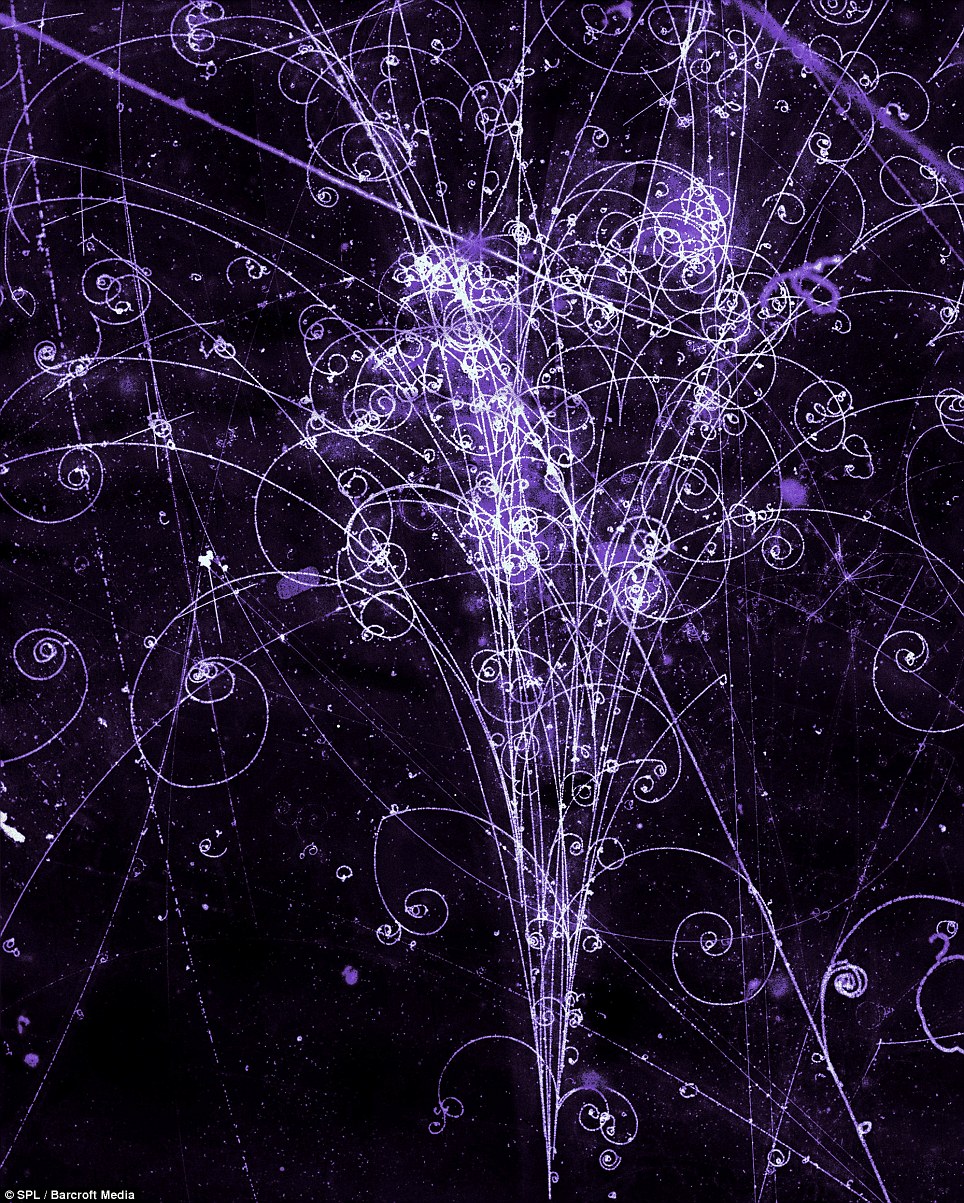Category: consciousness (Page 7 of 11)
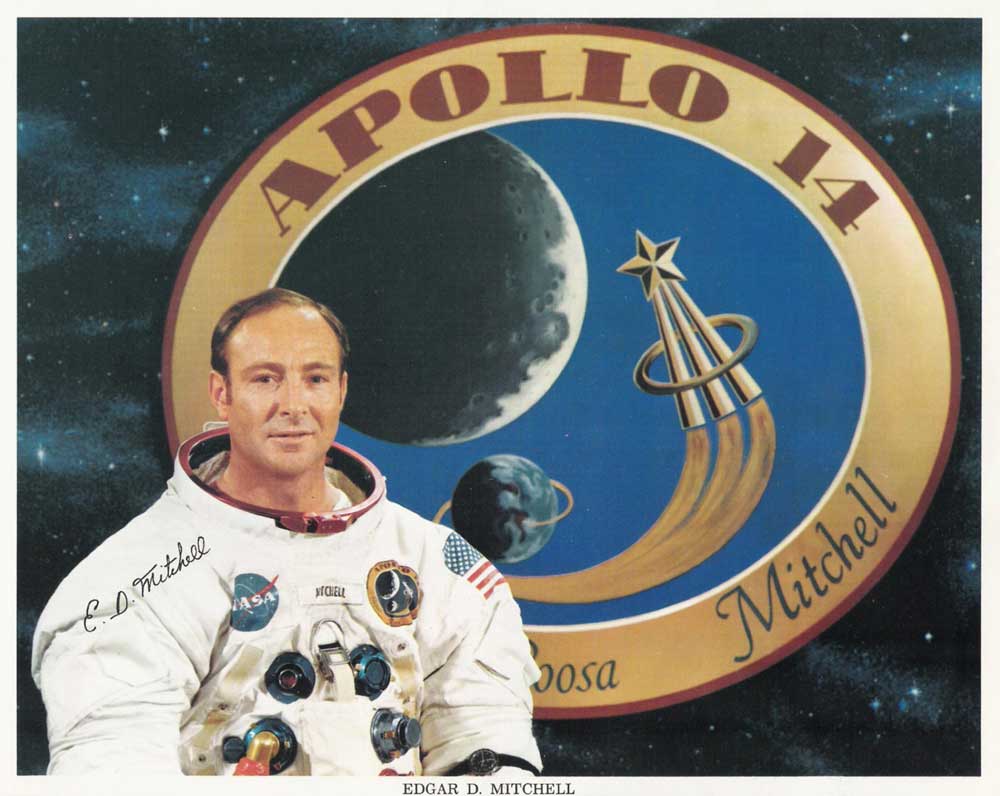
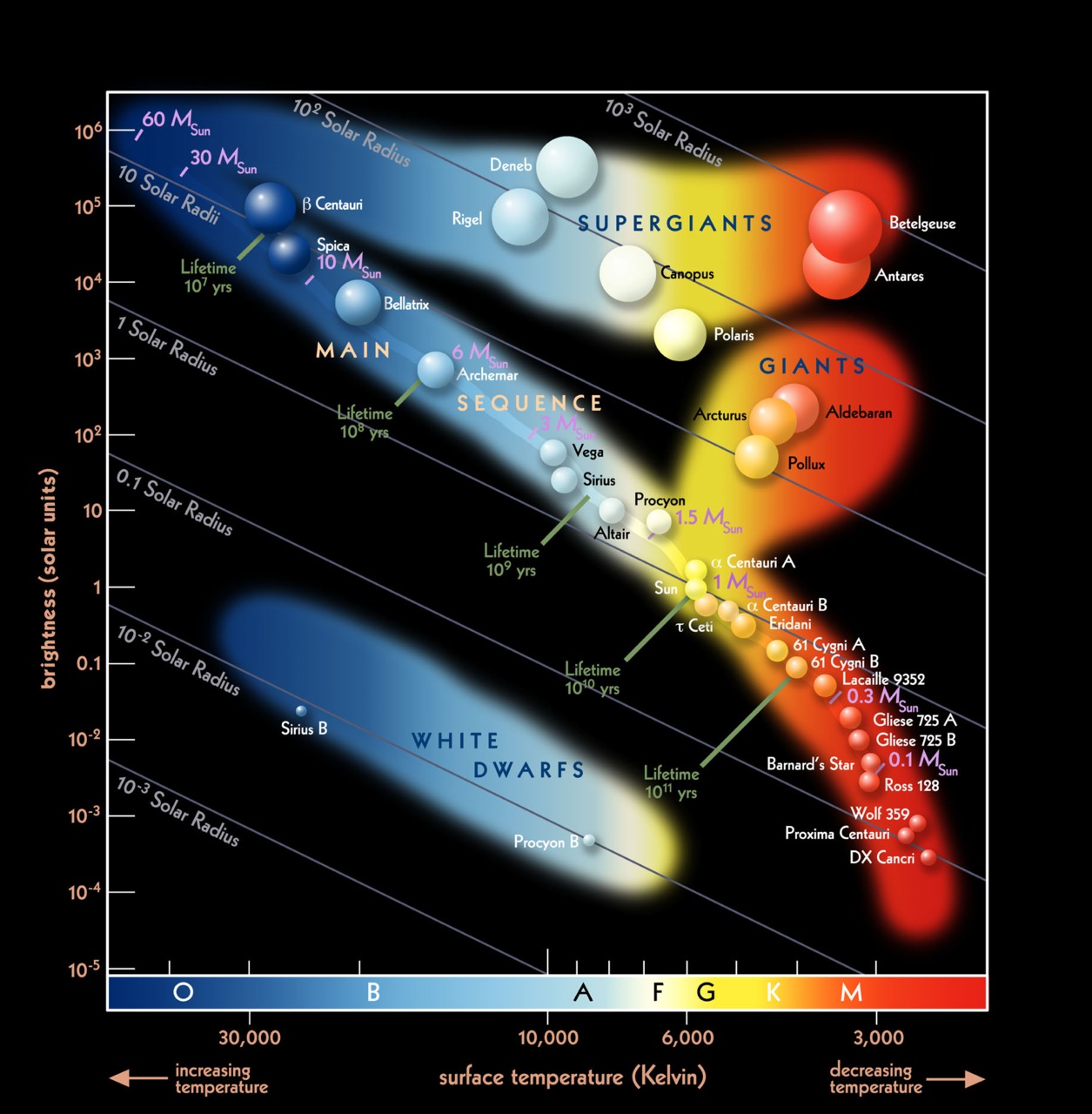
 |
| The Life of a Star – Understood Through Statistics |
After reading Edward O. Wilson‘s On Human Nature, several opinions and ideas formed; I think the spiritual and universal awareness/wisdom of humans follows a distribution function (perhaps Gaussian). In other words all humans are not born with the same potential to be aware of deeper concepts and principles. Some individuals are not able to comprehend universal ideas and principles of life; while others are deeply in tune with the essence of the universe. This awareness would seem to be genetic. I say that because there have been people in all cultures throughout history who have possessed such spiritual and universal wisdom. Also, no amount of cultural teaching will allow one to obtain such wisdom. We are simply born with a high potential or low potential and this expresses itself naturally.
Thus, there is not an object equally inherited by all humans which we could call a “soul” or consciousness. Individual humans are conscious or aware of the universe in varying degrees. This is related to the origin of consciousness. Was there an Adam, i.e. a first human who was conscious? Have organisms always been conscious to a certain degree, depending on various factors? Could we consider the universe itself conscious? Interesting ideas. I would suggest reading Douglas Hofstadter‘s book about strange loops and other books on consciousness here.
A friend recommended that I read Thinking, Fast and Slow by Daniel Kahneman. Since the book appears to be extremely popular, I guess my curiosity is piqued and I will have to give it a read. Perhaps it develops sociobiological concepts introduced by Edward O. Wilson in On Human Nature.
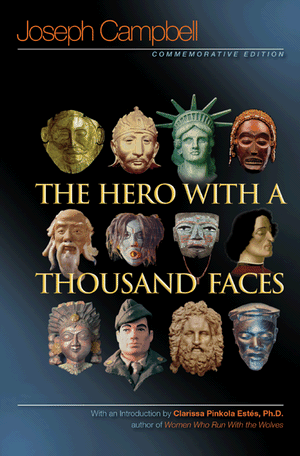
Joseph Campbell does a great job explaining the origins of myths and religious belief. Even influencing the story of Star Wars, The Hero with a Thousand Faces provides profound insight into human consciousness and culture.
I have included some links to several videos related to Joseph Campbell:

